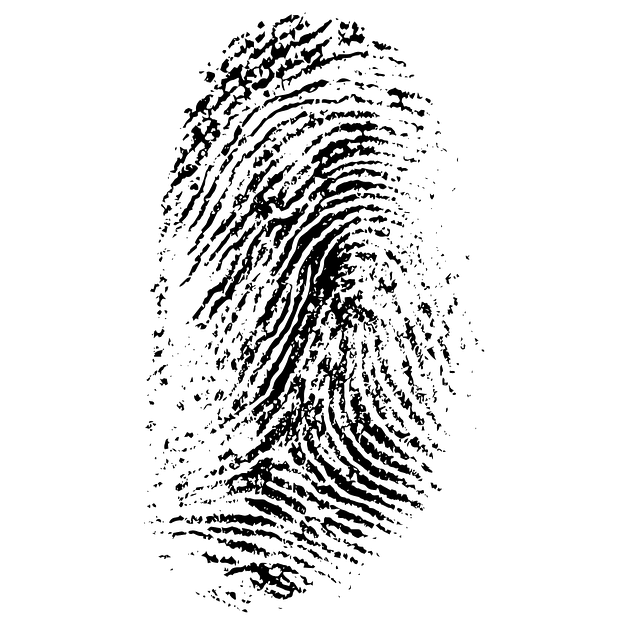2023 was a transformative year for criminal law, with comprehensive reforms reshaping sentencing practices and cybercrime definitions to reflect a rehabilitative approach. The new legislation promotes proportionality in sentencing for non-violent offenses, which is expected to alleviate prison overcrowding while maintaining robust legal responses to digital threats. Procedural enhancements have been made to bolster defendants' rights, including improved access to counsel and safeguarding the right to a fair trial. These changes reflect the evolving nature of criminal law, ensuring its effectiveness in upholding justice and public safety amidst societal shifts and technological advancements. Key updates established new standards for digital evidence admissibility and clarified complicity in organized crime, signaling a judiciary that is responsive to contemporary criminal challenges. The integration of advanced technologies into forensic science has significantly improved evidence analysis, ensuring more accurate convictions and exonerations. White-collar crime prosecution and defense demand intricate legal strategies, with prosecutors and defense attorneys alike needing to navigate complex financial transactions, sophisticated legal landscapes, and evolving regulatory frameworks. The dynamic interplay between these legal teams in white-collar crime cases underscores the importance of specialized knowledge and continuous professional development within the field of criminal law.
2023 has been a pivotal year in the evolution of criminal law, with significant legislative changes reshaping its application and interpretation. This article delves into the recent developments in criminal law legislation, examining their impact and highlighting key cases that are setting new legal precedents. Additionally, it explores the transformative role of technology in modern criminal investigations, from advancements in forensic science to the challenges posed by cybercrime. We also provide an in-depth look at the intricate world of white-collar crime, detailing effective prosecution and defense strategies. Join us as we navigate these complex issues within the realm of criminal law.
- Recent Developments in Criminal Law Legislation: An Overview of Changes and Implications
- Landmark Criminal Cases Shaping Legal Precedents in 2023
- The Role of Technology in Modern Criminal Investigations: From Forensics to Cybercrime Prosecution
- Navigating the Complexities of White-Collar Crime Prosecution and Defense Strategies
Recent Developments in Criminal Law Legislation: An Overview of Changes and Implications

2023 has been a pivotal year in the evolution of criminal law legislation, with significant changes impacting everything from sentencing guidelines to the jurisdiction of various offenses. Legislation enacted this year has aimed to address the disparities in sentencing by introducing more proportional penalties for non-violent crimes, a shift that reflects a growing emphasis on rehabilitation over punitive measures. These reforms also expand the definition of certain cybercrimes, recognizing the need for laws that are in step with technological advancements and the increasingly digital nature of modern criminal activity. The implications of these changes are profound, potentially reducing the burden on overcrowded correctional facilities while ensuring that the legal framework remains robust against emerging threats. Concurrently, amendments to procedural laws have been made to enhance the rights of defendants, particularly in terms of access to legal representation and the right to a fair trial, reinforcing the foundational principles of justice within the criminal law system. These developments underscore the dynamic nature of criminal law, as it continuously adapts to societal changes, upholding the rule of law and public safety.
Landmark Criminal Cases Shaping Legal Precedents in 2023

2023 has witnessed a number of landmark cases within the realm of criminal law that have significantly shaped legal precedents and have the potential to influence future jurisprudence. One such case is the High-Profile Cybercrime Conviction, which set a new standard for digital evidence admissibility in court. This case involved a complex web of cyber manipulation and data breaches, resulting in a comprehensive review of electronic discovery procedures and the reliability of digital forensics. The ruling has established a more stringent framework for the collection, preservation, and presentation of digital evidence, ensuring that the justice system keeps pace with technological advancements.
Another pivotal case this year revolved around the Redefinition of Criminal Liability in Organized Crime. The court’s decision here redefined the criteria for establishing complicity and the extent of liability among members of criminal organizations. This judgment has far-reaching implications, as it clarifies the responsibilities and accountabilities of individuals within a syndicate, potentially leading to more targeted and just legal actions against specific actors in organized crime networks. These cases underscore the dynamic nature of criminal law, as the judiciary continually adapts to new challenges and societal shifts, maintaining the integrity and relevance of the legal system in addressing contemporary criminal activities.
The Role of Technology in Modern Criminal Investigations: From Forensics to Cybercrime Prosecution

Criminal law today is inextricably linked with advancements in technology, which have revolutionized investigative techniques and the prosecution of crimes. Forensic science has become a cornerstone in criminal investigations, utilizing cutting-edge technologies to analyze everything from DNA samples to digital footprints. High-tech equipment now enables law enforcement to reconstruct crime scenes with incredible precision, extracting valuable evidence that was once beyond reach. This has led to more accurate convictions and exonerations, as the integrity of evidence is upheld by sophisticated analytical methods.
Simultaneously, the rise of cybercrime has necessitated a parallel evolution in legal processes and expertise within criminal law. Cyber investigators harness specialized software to trace illicit activities online, from identity theft to international terrorism financing. The digital realm requires a nuanced understanding of technology and its implications for privacy and security. As such, modern criminal law now includes a significant cybercrime component, with attorneys and judges alike grappling with the legal complexities that arise from such technologically driven crimes. This evolution underscores the importance of ongoing education and adaptation within the field to address the dynamic challenges posed by technology in the realm of criminal justice.
Navigating the Complexities of White-Collar Crime Prosecution and Defense Strategies

In the realm of criminal law, white-collar crime prosecution and defense strategies present a unique set of challenges due to their intricate nature. These nonviolent financial or corporate crimes, which include fraud, embezzlement, insider trading, and antitrust violations, often involve complex transactions, extensive documentation, and sophisticated legal maneuvers. Prosecutors must meticulously assemble evidence from a myriad of sources, including financial records, digital communications, and expert testimony to establish the elements of the crime and prove the intent required for conviction. They must also navigate the intricate web of regulations and statutes specific to financial conduct, which are frequently subject to interpretation and change.
On the defense side, attorneys employ a variety of strategies to protect their clients’ interests. These range from challenging the legality of search and seizure practices, scrutinizing the methodology and conclusions of forensic accountants, to questioning the motivations and credibility of witnesses. Defense teams must be adept at understanding the nuances of financial instruments and transactions, as well as being well-versed in the latest legal precedents and case law pertinent to white-collar offenses. Their goal is to cast doubt on the prosecution’s case, highlight any procedural missteps, and advocate for a just outcome that reflects the complexity of these cases within the broader context of criminal law.
2023 has been a pivotal year in the evolution of criminal law, with significant legislative changes reshaping legal landscapes and landmark cases establishing new precedents. Advancements in technology have further complicated and advanced criminal investigations, from forensic analysis to addressing the challenges posed by cybercrime. The intricacies of white-collar crime prosecution and defense strategies continue to demand astute legal navigation. As these sectors adapt to an ever-changing environment, staying informed about the nuances of criminal law remains essential for all stakeholders in the justice system. These developments underscore the importance of a dynamic approach to understanding and applying criminal law principles, ensuring justice is served effectively within the bounds of modern societal complexities.
